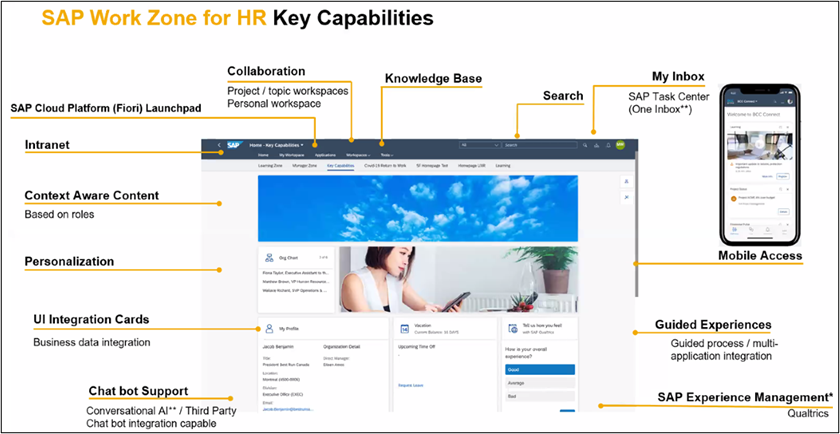What to consider when choosing a payroll service to support your strategic issues
With a key target around efficiency, companies are increasingly focusing their employees on their core business and on responsibilities with higher added values. This explains why payroll outsourcing is significantly growing.
This type of outsourcing brings multiple advantages, whether economic, operational, or strategic, in line with global and HR strategy. What are the most common reasons for outsourcing or rethinking one’s organization in this area?
- In a business environment where data is the new black gold, a company, whether it is an SME or a large corporation, needs to consolidate its data to improve its management. The implementation of an HR Master Data / Human Capital Management solution is often a response to this need, with strong implications for payroll management in terms of data flow. Indeed, a large part of the data is then entered into the HR Core (contractual, remuneration, and sometimes time management elements). Therefore, in order to avoid double data entry and to ensure a good level of integration and simplicity of the architecture (and consequently a reduced maintenance cost), it is often necessary to rationalize the number of payroll services providers and/or to review the organization in terms of payroll engine/ solutions and level of outsourcing. It should be noted that, at the international level, the implementation of an HCM almost systematically implies a rationalization of payroll services providers around key Partners with a proven track record in terms of “global” or multi-country integration schemes (usually middlewares), thus avoiding a “spaghetti landscape” (inefficient architecture in terms of maintenance costs); and maximizing the data flows automation and therefore the TCO (Total Cost of Ownership) of the global HR solution.
- The COVID period has destabilized a significant number of organizations and support functions, including payroll services, whether due to the unavailability of key people to run the service; or too difficult adaptability of solutions to complex and multiplying legal changes. In this sense, outsourcing is a way of guaranteeing:
o The payroll service continuity which, even if often considered as a “commodity”, is a prerequisite to the normal operating model of any company (payment of employees), thus avoiding risks.
o Payroll solutions compliance including legal updates and related processing, regardless of their pace.
Based on a multi-country approach, a global or regional payroll outsourcing is also an enabler to HR organization transformation thanks to the implementation of harmonized processes and outsourcing levels based on best practices and global technologies.
A globalizing economy, in which companies frequently refocus on one of their core businesses, also implies acquisition, mergers, and spin-off scenarios. These structural changes, impacting support functions and their technological solutions, are also obvious triggering factors for outsourcing and/or re-building an HRIS landscape. The case of a spin-off also involves special planning management to enable meeting the autonomy cutoff date of the spin-off at the expiration of the TSA agreement.
- A context of significant changes in the size and/or scope of the company also involves anticipation in terms of HR agility and related payroll solutions and services, particularly:
- the ability to support growth locally (payroll dimension obviously, but also talent management, maximization of the automation and process flow of On-Boarding for new recruits, etc.)
- the ability to support growth in new countries (new establishments)
- the flexibility in terms of support or scope of services
HR Path helps you choose the right HR services and solutions for your organization and is your preferred partner for the associated services.
Contact us to carry out a diagnosis and establish personalized development axes.








